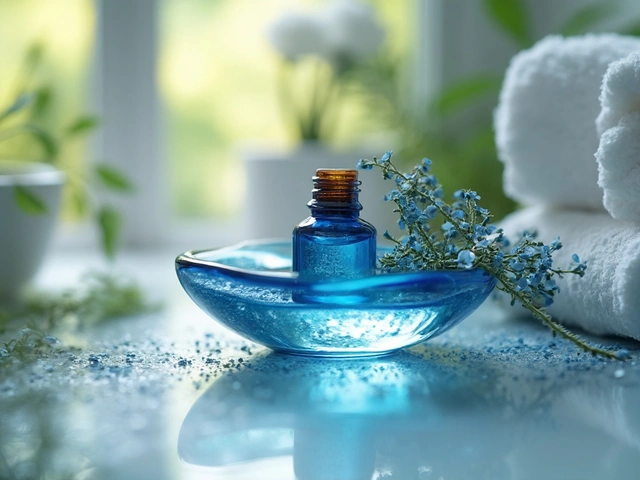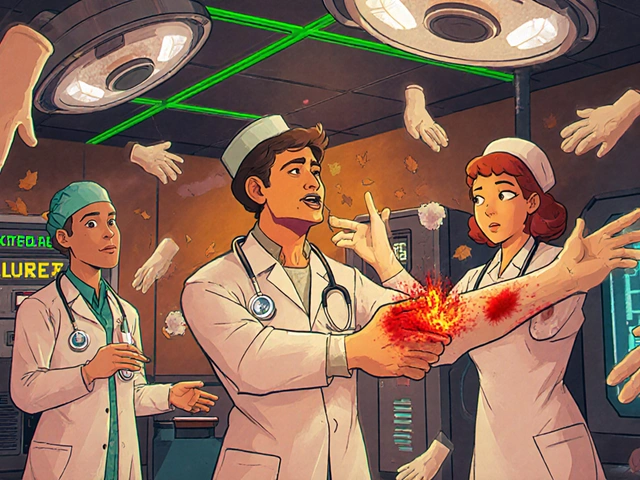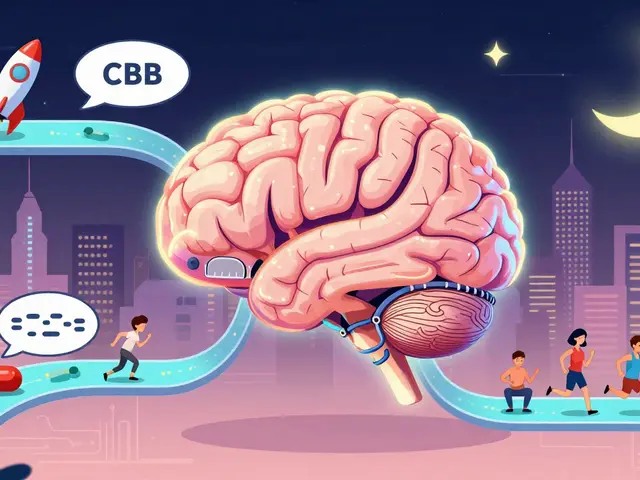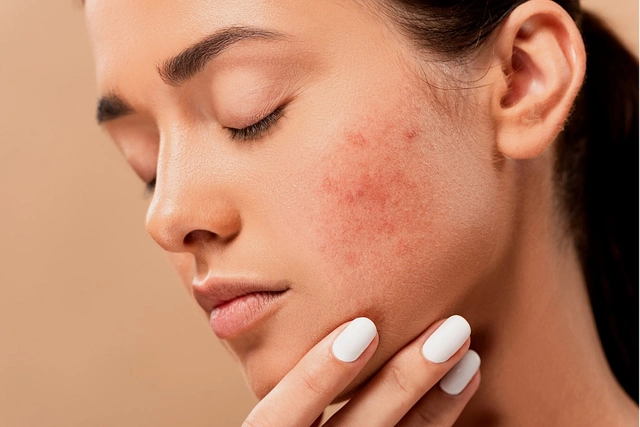Hiccups: Fast Relief, Causes & When to See a Doctor
Hiccups are annoying, usually harmless spasms of the diaphragm that make you gasp and sound silly. Most last a few minutes and stop on their own. When they don’t, though, they can interfere with sleep, eating, and work. Here’s a clear, practical guide to stop hiccups fast, avoid triggers, and know when to get medical help.
Quick, proven tricks to stop hiccups
Try these simple remedies one at a time. Each works for different people, so test a couple to see what helps you.
1) Hold your breath for 10–20 seconds, then exhale slowly. Repeating this can reset the diaphragm.
2) Sip cold water slowly or drink a glass of cold water without breathing between sips. Small, steady swallows often work better than big gulps.
3) Swallow one teaspoon of sugar or honey. The grainy sweetness can interrupt the hiccup reflex.
4) Gently pull your tongue forward or press the palm of your hand to your forehead while swallowing. These change throat and diaphragm signals.
5) Breathe into a paper bag for a short time if you’re not lightheaded. The mild rise in carbon dioxide sometimes stops hiccups. Don’t use this if you have lung problems or feel faint.
6) Try a quick scare or sudden change of posture only if it’s safe. A surprise can jolt nerves and stop hiccups for some people.
Causes, prevention, and when hiccups are serious
Common triggers include eating too fast, swallowing air, carbonated drinks, spicy food, sudden temperature changes, alcohol, and strong emotions. Short-term hiccups are often linked to these harmless habits.
Persistent hiccups (lasting more than 48 hours) or intractable hiccups (lasting weeks to months) may point to a medical issue. Causes can include GERD, nerve irritation (phrenic or vagus), central nervous system problems, metabolic disorders, or some medications. If hiccups last over 48 hours, cause weight loss, sleep loss, vomiting, trouble breathing, or signs of infection or stroke, see a doctor quickly.
Doctors can check for reflux, infections, electrolyte imbalances, or nerve problems. Treatments range from treating the underlying issue to medications like chlorpromazine, metoclopramide, baclofen, or gabapentin. For rare, stubborn cases there are nerve blocks and other procedures your specialist may discuss.
To reduce future hiccups: eat slowly, avoid fizzy drinks and large meals, limit alcohol, manage reflux, and avoid sudden temperature changes in food and drink. Keep a note of what triggers your hiccups so you can avoid those situations.
If you get hiccups often and they disrupt daily life, bring it up with your primary care doctor. Most hiccups are brief and harmless, and a few smart steps usually fix them fast.
The Role of Hiccups in Detoxification and Cleansing
As a blogger, I've recently come across a fascinating topic: the role of hiccups in detoxification and cleansing. It turns out that hiccups might actually help our bodies to eliminate toxins and cleanse our systems. Researchers believe that hiccups serve to expel excess air from the stomach, which in turn aids in the removal of harmful substances. Not only that, but hiccups can also stimulate the liver and gallbladder to release bile, further promoting detoxification. Who would have thought that such a seemingly annoying bodily function could actually be beneficial to our health?
Latest Posts
-

Horsemint: The Secret Ingredient for Boosting Your Health and Wellness Journey
-

Tansy Essential Oil: Skin Benefits, Safe Use, and Practical Applications
-

Latex Allergy: Cross-Reactivity and Workplace Management
-

Depression Management: Medications, Therapy, and Lifestyle Changes That Work
-

The role of adapalene in treating acne on darker skin tones

12